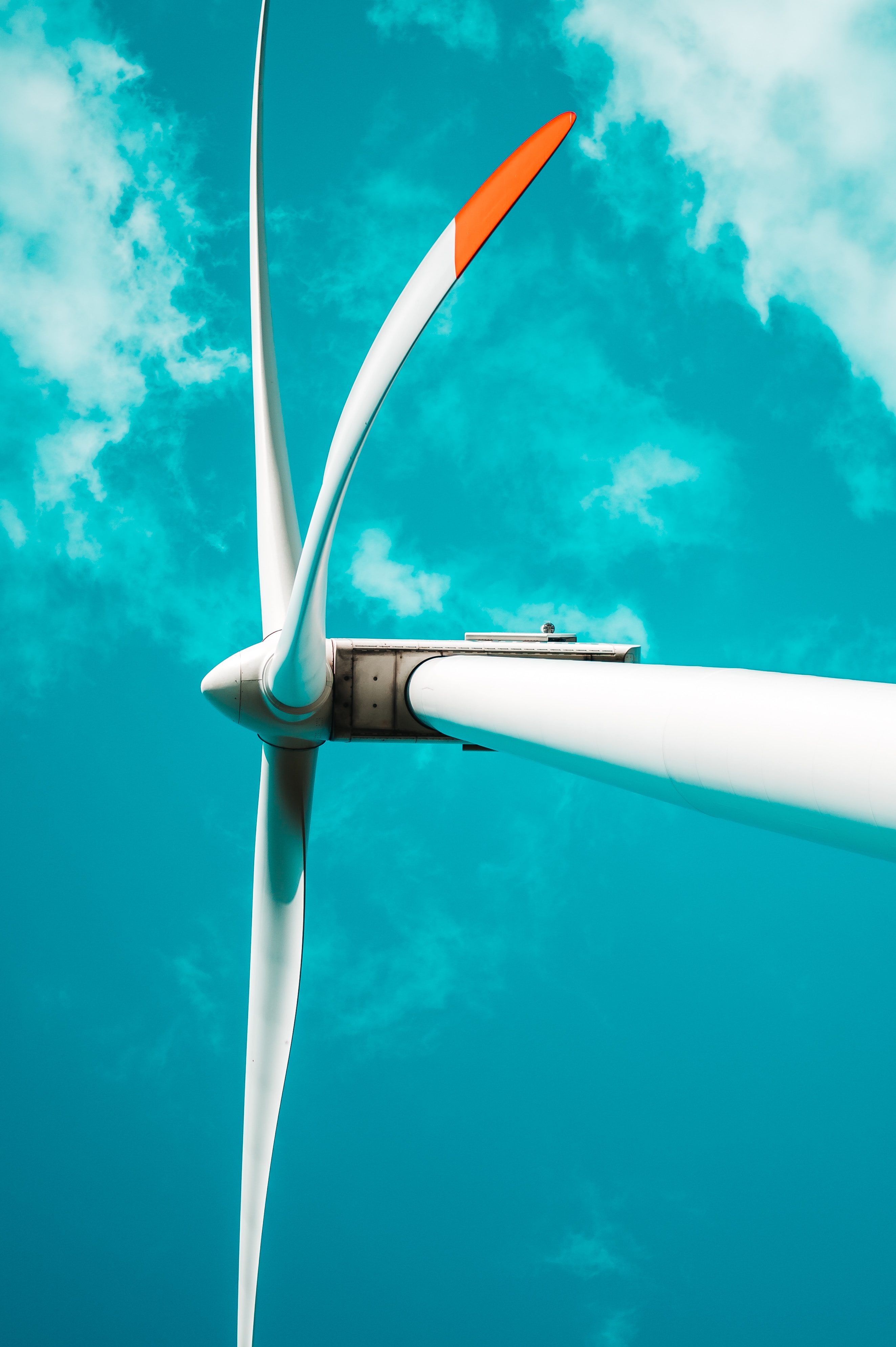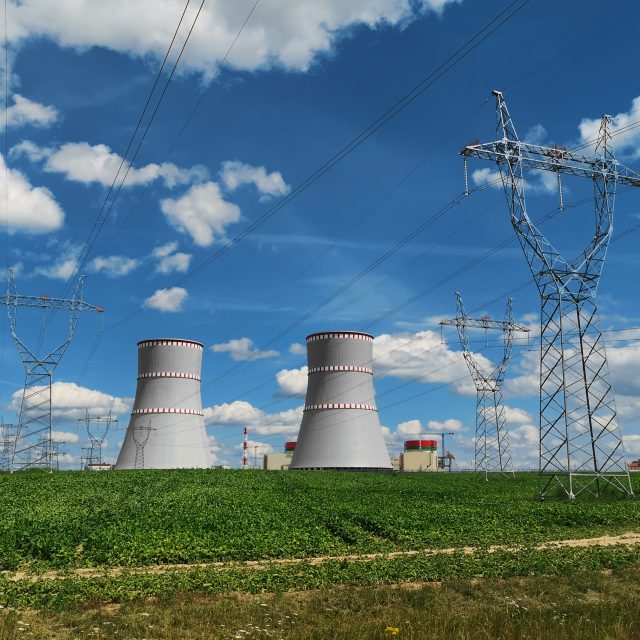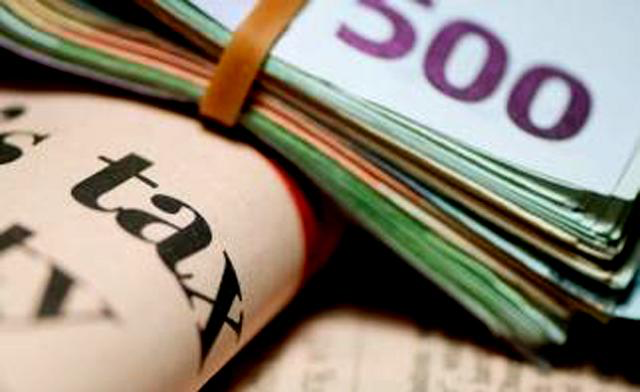Photo by Jan Kopřiva on Unsplash
Member states have given the green light for a “massive expansion” of renewable energies.
After months of blocking, the Council decided to tighten the EU Renewable Energy Directive.
Campaigners have greeted the news saying “an investment boom across the EU will be the result.”
German Greens MEP Sven Giegold says the revised EU law will brings several benefits.
These, he says, include:
· Doubling the expansion of renewables – across the EU: The EU target for the share of renewables in total energy consumption will increase from 32% so far in 2030 to 45%. Of this, 42.5% is legally binding. 2.5% are indicative. By the end of 2021, we already reached a share of renewables of just under 22% across Europe. So the new target means a doubling in 9 years! That is really strong;
· Annually, the law means the installation of 100 GW of wind and solar plants across Europe! Converted, this corresponds to 17 football fields of photovoltaics (PV), 16 onshore wind turbines plus 4 offshore wind turbines every day and
· The approval period for renewables will be permanently shortened. Our successes in reducing bureaucracy for renewables and electricity grids within the framework of a temporary EU crisis regulation will thus be permanently secured under European law – with a high level of nature conservation.
The MEP states, “There are now for the first time binding targets for all EU countries for the use of renewables in important sectors such as transport, industry and heating. This will massively advance the ramp-up of green hydrogen and e-fuels in aviation. The latter through a separate law.”
“The result has already been negotiated with the EU Parliament since 30 March. But the adoption in the Council of Member States was delayed for months because France wanted to put its own hydrogen from nuclear power on an equal footing with renewables for the industry subtarget. That failed today in the renewables directive which is for renewable.”
“In the end, France now got a declaration from the EU Commission that individual ammonia plants can be exempted when the EU Commission calculates the sub-target for green hydrogen in industry. Not nice, but bearable.”
He added, “The European Parliament now has the final say. It must now finally adopt the Renewable Energy Directive. However, the majority is considered safe. The decision is another milestone for the European Green Deal and climate action.”
“The German government has strongly advocated high expansion targets and the acceleration of planning and approval procedures. Now the breakthrough is here!”
“In Germany, the government’s high expansion targets for renewables will now be secured in a legally binding manner at the European level and facilitated by accelerating approval procedures.”
“For many of our European partner countries, the deal now means expanding renewables just as consistently as we are now doing successfully in Germany. France in particular will now invest massively in renewables!”
“Europe will thus quickly become less dependent on fossil energy imports from unreliable supplier countries. Investments worth billions and sustainable jobs will be the result everywhere in Europe.”
The MEP concluded, “We have now worked intensively for two years to achieve this success. I would like to thank all the officials involved in the German Federal Ministry for Economic Affairs and Climate Action, the Federal Chancellery, the German Federal Ministry for the Environment and Consumer Protection and the EU Commission, who have done far more than what is written in any employment contract.”




